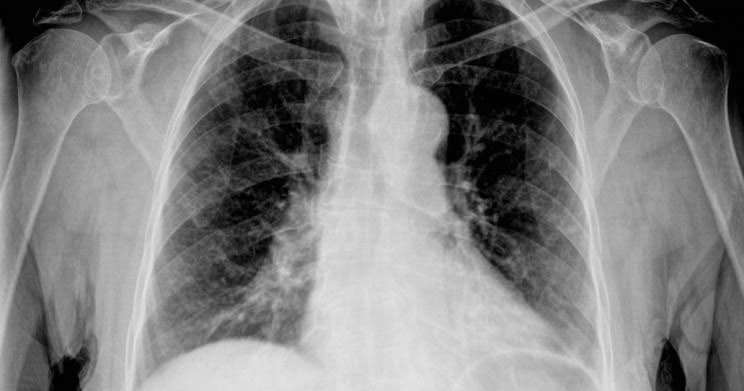Men born at high risk of developing prostate cancer should have extra checks every year from the age of 40, experts say.
Men with certain mutations in their DNA, their genetic code, are more likely to develop prostate cancer.
Scientists at the Institute of Cancer Research (ICR) said an annual blood test could help spot tumours early, when they were easier to treat.
Prostate Cancer UK said any decisions needed to be made carefully.
The ICR researchers said about one in 300 men in the UK had mutations in Brca2, which increases their risk.
However, most will not know whether they carry the mutation in their DNA as it is not routinely tested for.
Brca2 mutations are the same genetic errors that increase the risk of breast and ovarian cancer in women – and men will have been tested for it only if such cancers run in the family.
Screening
Prostate-specific antigen (PSA) is a protein made only by the prostate gland.
PSA levels go up with prostate cancer but it is not a sufficiently reliable measure to justify screening all men for the disease.
Prof Ros Eeles said: “Our research shows very clearly that men with the Brca2 gene fault are at increased risk of aggressive prostate cancer and that regular PSA testing could go some way to improving early diagnosis and treatment.
She has been making the case at the National Cancer Research Institute Cancer Conference, in Glasgow.
She said men or anyone with a prostate and Brca2 mutations were nearly twice as likely to have a severe cancer that needed treatment rather than simple monitoring.
Dr Matthew Hobbs, from the charity Prostate Cancer UK, said: “[We are] funding a project to model the long-term effectiveness of a range of potential screening strategies, including defining whether there are certain high-risk groups for whom the benefits of regular screening greatly outweighs the potential for overtreatment.
“It may be that screening all men with a Brca2 mutation could be one of the answers, so we will look carefully at the results of this study.”
















